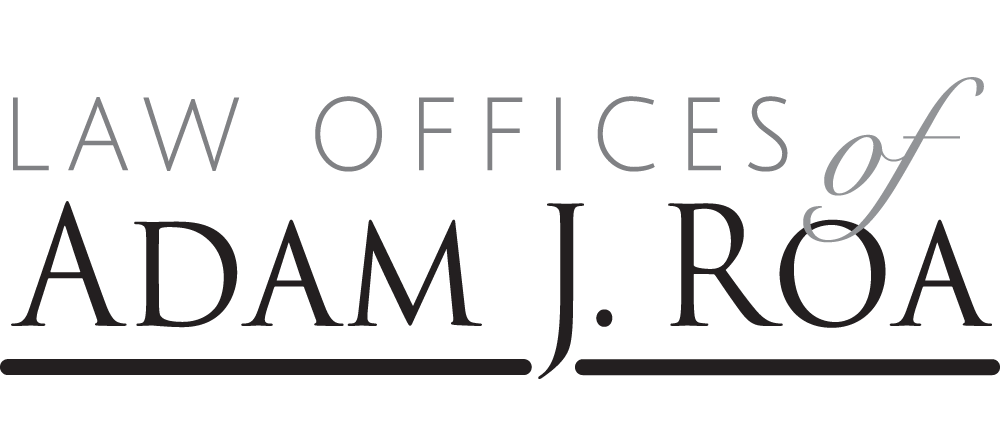Medicaid Cuts
Transferring Medicaid Costs From the Federal Government to the State There is constant pressure from the Federal government to cut Medicaid costs. One drastic solution is to push Medicaid costs from the Federal government to the State. Instead of being treated as an entitlement program (i.e. if you are eligible then you will be covered),…
